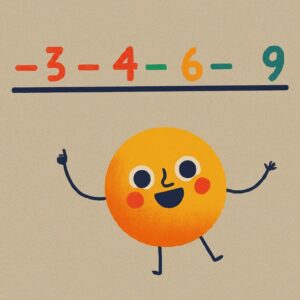Artificial intelligence (AI) is becoming a key player in early education. While some parents are hesitant about its role in learning, AI-powered tools can support young learners in ways traditional methods cannot. Here’s what parents should know.
AI Personalizes Learning
AI-driven platforms adapt to a child’s learning pace, offering customized activities based on their strengths and weaknesses. Apps like Khan Academy Kids and ABCmouse use AI to guide children through skill-building exercises.
Interactive Learning Through AI
Voice assistants and AI chatbots help children develop language and problem-solving skills. Interactive storybooks, for example, adjust their difficulty based on a child’s vocabulary.
The Role of AI in Skill Development
AI can track progress and provide insights into a child’s learning patterns, helping parents and educators make informed decisions about their development.
Potential Concerns
While AI can be beneficial, it should never replace human interaction. Parents should be mindful of screen time, data privacy, and the quality of AI-generated content.
AI is not the future—it’s the present. When used responsibly, it can enhance early childhood education by making learning more interactive, personalized, and engaging.


